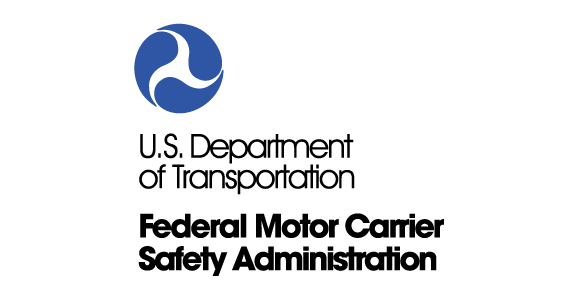CWF Supports FMCSA’s Proposed Hours of Service Rule

Today, the U.S. Department of Transportation’s Federal Motor Carrier Safety Administration (FMSCA) issued a notice of proposed rulemaking on changes to Hours of Service rules.
The Center for Worker Freedom strongly supports this proposed rule because it will increase safety and flexibility for commercial motor vehicle (CMV) drivers. These drivers are a key part of the American workforce. In fact, the trucking industry employs more than seven million people.
The proposed rule would change the Hours of Service regulations in five areas: short-haul exception, adverse driving conditions exception, 30-minute break rule, split-sleeper birth exception, and split-duty provision.
Under the proposed rule, certain commercial motor vehicle drivers would have 14 hours as the maximum duty period allowed under the short-haul exception. The previous number of hours was 12. Also, the new maximum distance from the work-reporting location for these drivers would increase from 100 air-mile radius to 150.
The proposed rule would also change the rules for the adverse driving conditions exception. The proposed rule would allow these driving conditions to increase the maximum driving windows by up to 2 hours.
The 30-minute break requirement would also be changed to just apply to property-carrying CMV drivers who have driven for 8 hours without at least a 30-minute non-driving interruption. This requirement could be satisfied with an off-duty period, in the sleeper berth or an on-duty not-driving.
Another proposal would allow drivers to take their required 10 hours off duty in two periods as long as one off-duty period is at least 2 hours long and the other period is at least 7 consecutive hours in the sleeper berth.
Finally, the proposed rule would allow one off-duty break between 30 minutes and 3 hours long during a driver’s 14-hour driving window to extend that period for the length of the break. Drivers would need to take at least 10 consecutive hours off duty at the end of the work shift to qualify though.
The proposed rule would also save American consumers about $274 million and help the U.S. economy.
As U.S. Transportation Secretary Elaine L. Chao said, “This proposed rule seeks to enhance safety by giving America’s commercial drivers more flexibility while maintaining the safety limits on driving time.”
Because this proposed rule supports American workers, specifically commercial motor vehicle drivers, by increasing their safety and flexibility, the Center for Worker Freedom strongly supports the Federal Motor Carrier Safety Administration’s proposed rule.





